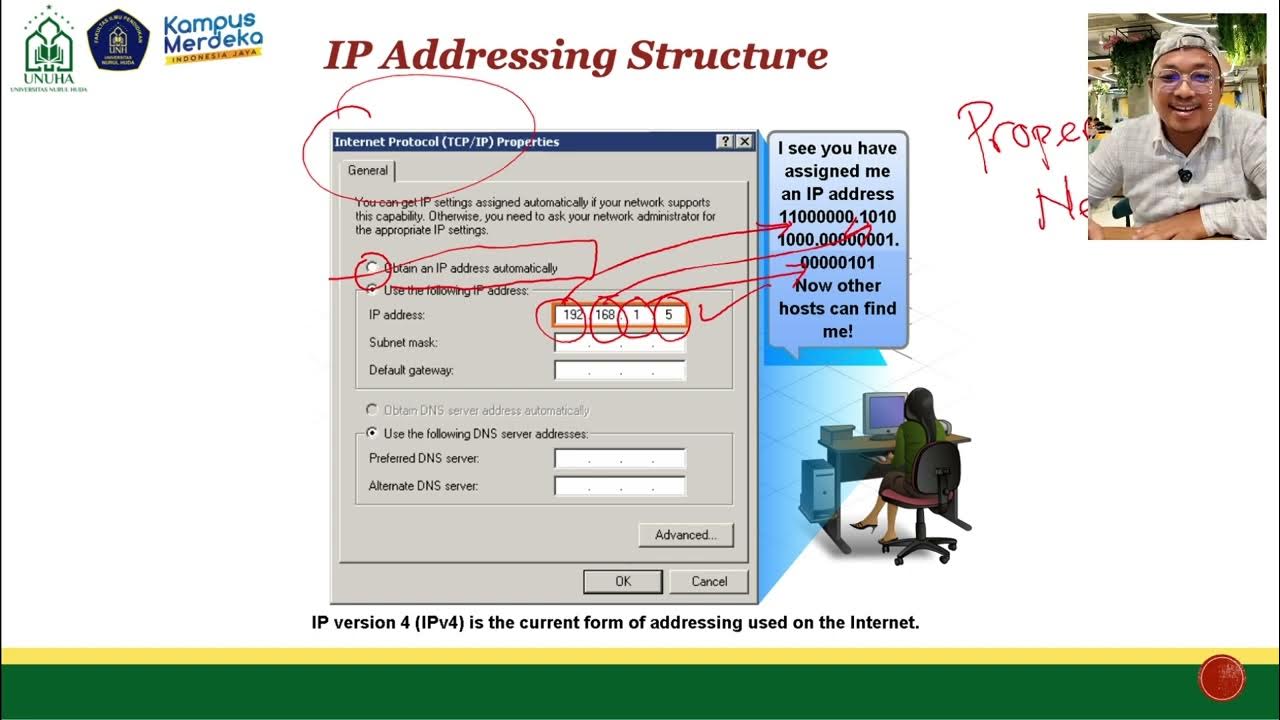Govt. 2302: 10. Patronage and Merit Systems
Summary
TLDRThis mini lecture provides insights into working within U.S. government bureaucracy, focusing on the historical patronage system and its evolution into a merit-based civil service system. The lecturer discusses how government jobs were once awarded based on personal connections, exemplified by Abraham Lincoln's presidency, where job seekers lined up for appointments. A significant turning point occurred with the assassination of President James Garfield in 1881, leading to the Pendleton Act of 1883, which established the merit system for civil service jobs. This change aimed to ensure that candidates are selected based on qualifications rather than political ties.
Takeaways
- 😀 The lecture focuses on important terms and information for those seeking jobs in government bureaucracies.
- 👔 Historically, jobs in federal government were filled through the patronage or spoils system, based on personal connections.
- 📜 The spoils system is linked to the idea that job rewards go to political allies or supporters after an election.
- 🗣️ Abraham Lincoln's presidency involved extensive interviews for jobs, showcasing the chaotic nature of the patronage system.
- ⚖️ Many influential figures, including senators, often sought government positions for their relatives or political supporters.
- 🚫 The patronage system led to inefficiencies, particularly when inexperienced appointees took over critical roles.
- 🔫 The assassination of President James Garfield in 1881 served as a catalyst for change in hiring practices.
- 📈 The Pendleton Act of 1883 established the civil service system, moving toward a merit-based hiring process.
- 📚 The civil service system requires candidates to take tests relevant to their desired positions to ensure qualified hiring.
- 💼 Civil service jobs are valued for their merit-based criteria, offering opportunities for those willing to prove their qualifications.
Q & A
What is the main topic of the mini lecture?
-The mini lecture discusses working for a government bureaucracy, focusing on hiring systems and relevant terminology.
What are the two main systems of hiring in the federal government mentioned in the transcript?
-The two main systems are the patronage system (or spoils system) and the merit system.
How does the patronage system operate?
-The patronage system operates based on personal connections, where jobs are awarded based on who you know, rather than qualifications.
What historical event catalyzed the shift to the merit system in the United States?
-The assassination of President James Garfield in 1881 by an unsuccessful job seeker was a catalyst for the shift to the merit system.
What legislation was passed as a result of the need for reform in hiring practices?
-The Pendleton Act was passed in 1883, which established the civil service system and introduced the merit system.
What is the purpose of the merit system in government hiring?
-The merit system aims to ensure that jobs are awarded based on qualifications and knowledge, rather than political connections.
How are jobs filled under the merit system?
-Jobs under the merit system are filled through competitive testing, where candidates must demonstrate their qualifications for specific positions.
What types of jobs require tests for qualification in the civil service system?
-Different jobs require different tests, such as secretarial tests for administrative positions and IT tests for technology roles.
What was a significant outcome of the patronage system, as discussed in the lecture?
-A significant outcome of the patronage system was a chaotic work environment due to unqualified individuals filling positions, which the merit system sought to address.
What can individuals do to apply for civil service jobs?
-Individuals can take civil service tests relevant to the job they are applying for, which helps ensure they possess the necessary skills and knowledge.
Outlines

This section is available to paid users only. Please upgrade to access this part.
Upgrade NowMindmap

This section is available to paid users only. Please upgrade to access this part.
Upgrade NowKeywords

This section is available to paid users only. Please upgrade to access this part.
Upgrade NowHighlights

This section is available to paid users only. Please upgrade to access this part.
Upgrade NowTranscripts

This section is available to paid users only. Please upgrade to access this part.
Upgrade NowBrowse More Related Video
5.0 / 5 (0 votes)





